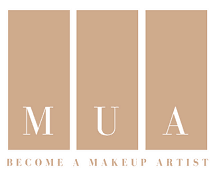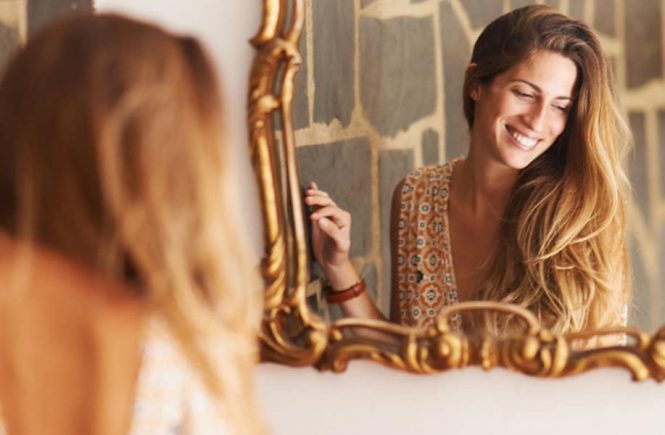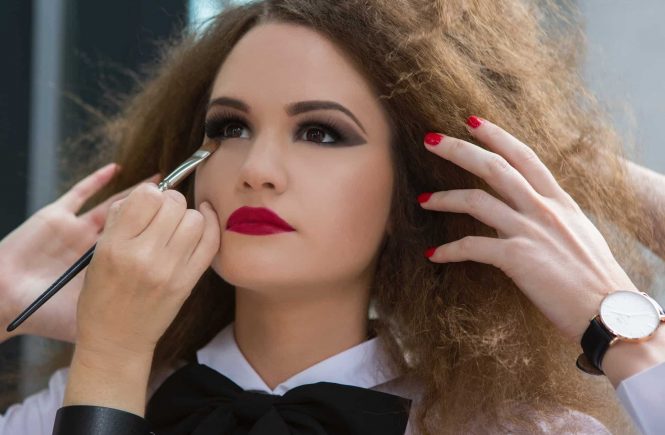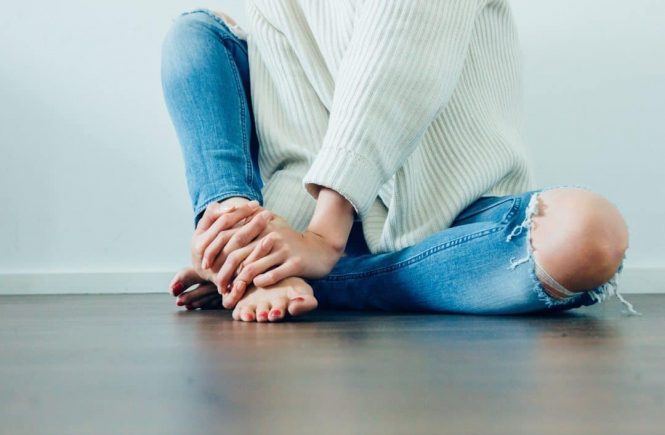If you’re after a fulfilling and exciting career choice, becoming a Makeup Artist might just be the career for you! You’ll be responsible for helping your clients feel beautiful whilst having a chance to express your artistic side. On the flipside, just like any other career, makeup artistry has its low moments. From time to time you may even find yourself wondering why you became a MUA in the first place!
Take a deep breath – it’s okay! Remember, it’s normal and everyone (regardless of their job) feels that way from time to time. We’re here to help you understand the pros and cons of being a makeup artist.
Being a makeup artist can be great especially if you get bored easily with routine as you won’t have to be sitting at a desk job from 9-5. Every day will be varied and every client is unique, so you’ll always be on your toes… this can be exhilarating!
You also have a lot of freedom in that you can work in a team, you can be employed by a major makeup company and you can even be a freelance makeup artist or self-employed makeup artist. For many people, being their own boss is a lifetime dream and you have the opportunity to achieve that! Makeup artists also get to meet loads of different people so if you’re a social butterfly, you’ll absolutely love the networking opportunities.
Being a makeup artist can be immensely rewarding when you see the looks on your clients faces as your skills in makeup help them to feel beautiful. Not many people get to feel a sense of satisfaction in helping people in their chosen careers, so that’s something truly wonderful about being a MUA! Everyone wants to feel gorgeous, after all. If you practice and work hard to rack up certifications, a portfolio and experience, your credibility in the industry will only grow and grow.
Being a MUA also allows you to experiment with your creativity… it truly is an art form and even if applying a simple daytime look of makeup to a client, being a makeup artist requires you to have an understanding of different face shapes and features and how to transform the look of someone using visual illusion. That’s truly a skill and a creative one at that.
If this all sounds amazing, you’re not the only one thinking that! Many people wish to become makeup artists. However just like any other job there are highs and lows.
The downsides of being a makeup artist, namely, are that competition can be incredibly tough. This means that even if you’re an exceptional makeup artist, you’ll still have to really put yourself out there and win jobs. There will always be someone cheaper than you and some clients will value low prices over quality experience, so you must grapple with how you want to market yourself.
It can be very stressful considering how to market yourself as a makeup artist and how to get clients – and this struggle applies regardless of whether you’re employed or freelance. Every makeup artist wants to make sure that they stand out!
Unfortunately too, there can be a stigma in society that makeup artists have a ‘frivolous’ career so some people won’t take you seriously. Although this is their problem and not yours (and you certainly shouldn’t spend time with people who don’t respect someone based on their passions and chosen industry in general!) it can still get under your skin, so you’ll need to learn not to take people’s poor attitudes personally. On that note, starting out as a makeup artist can be especially tough as you look for jobs and clients, so you’ll need to learn to deal with rejection and develop a thick skin.
Becoming a makeup artist takes time so you’ll also need to exercise some patience. Obtaining training and certification can be costly, so you’ll also need to have a backup plan or you may need to work a second job to help yourself make ends meet as you get started in the industry. Building your personal brand can take time so especially if you’re wanting to be a freelance makeup artist, you may become disheartened if you find it’s taking a little while to build up a client base… and knowing where to start in finding clients is a daunting task in of itself! Your portfolio will need to be an evolving document/website too, so be prepared to constantly be updating to reflect your work as you become more skilful in makeup.
So how do you know if being a makeup artist is right for you?
Only you can answer this question! Do your homework, understand the pros and cons of being a makeup artist and decide whether you’re truly passionate about the industry. For those who work hard and are dedicated to doing what they love, being a makeup artist can be a wonderful and rewarding career path!





